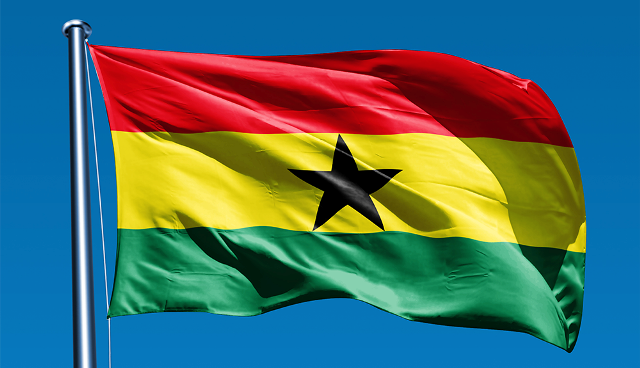Plateauing Oil Output, Fiscal Tightening and High Interest Rates to Weigh Down Ghana’s GDP Growth
Ghana’s economy is set to experience a slowdown in growth this year despite positive indicators such as cooling inflation and improving consumer sentiment, according to Fitch Ratings.
In a recent analysis, Fitch highlighted that the country’s plateauing oil production, tighter fiscal policy and high interest rates will collectively serve as the three main headwinds to economic expansion in 2025. This comes on the back of a strong 5.7% GDP growth recorded in 2024.
“Despite cooling inflation and improving consumer confidence, we maintain our view that economic growth will soften this year, following a robust 5.7% in 2024, as the economy faces some key headwinds,” Fitch noted.
A key factor behind the projected slowdown is the diminishing contribution of Ghana’s oil sector. After reversing a multi-year decline in crude production in 2024—thanks to a 16.1% boost from the ramp-up of the Jubilee South East project—output is expected to stagnate in 2025. Fitch Solutions warns that with most gains from the Jubilee South East field already realised, there are no further major increases anticipated this year.
“Our Oil & Gas team forecasts no significant production increases in 2025—removing a key tailwind for economic growth,” the report noted.
Fiscal Tightening Under Mahama’s Administration
Fitch also cited the current government’s commitment to fiscal consolidation as another growth-dampening factor. While official full-year fiscal figures are yet to be released by the Ministry of Finance, provisional data from the Bank of Ghana show that tax revenue rose by 0.5 percentage points of GDP in the first quarter of 2025 compared to the same period in 2024, while public expenditure declined by 0.9 percentage points.
This fiscal tightening under President John Mahama’s administration is aimed at restoring macroeconomic stability, but Fitch warns it will also reduce domestic demand in the short term.
High Interest Rates to Stall Investment Recovery
The third major constraint, according to Fitch, is Ghana’s high interest rate environment. Under the leadership of newly appointed BoG Governor Dr Johnson Asiama, the central bank raised its benchmark policy rate by 100 basis points to 28.00% in March, and opted to maintain that rate in May.
Although Fitch expects the Bank of Ghana to begin monetary easing from September, the current tight stance is seen as a drag on credit growth and private sector investment.
“Real credit growth rose just 4.8% year-on-year over January-February—a subdued rebound given the favourable base effect from last year’s sharp 20.4% contraction,” Fitch observed, noting that prohibitively high borrowing costs are delaying corporate investment decisions.
Taken together, these three macroeconomic dynamics are expected to temper Ghana’s growth momentum in 2025, even as the broader economic fundamentals show signs of stabilisation.








